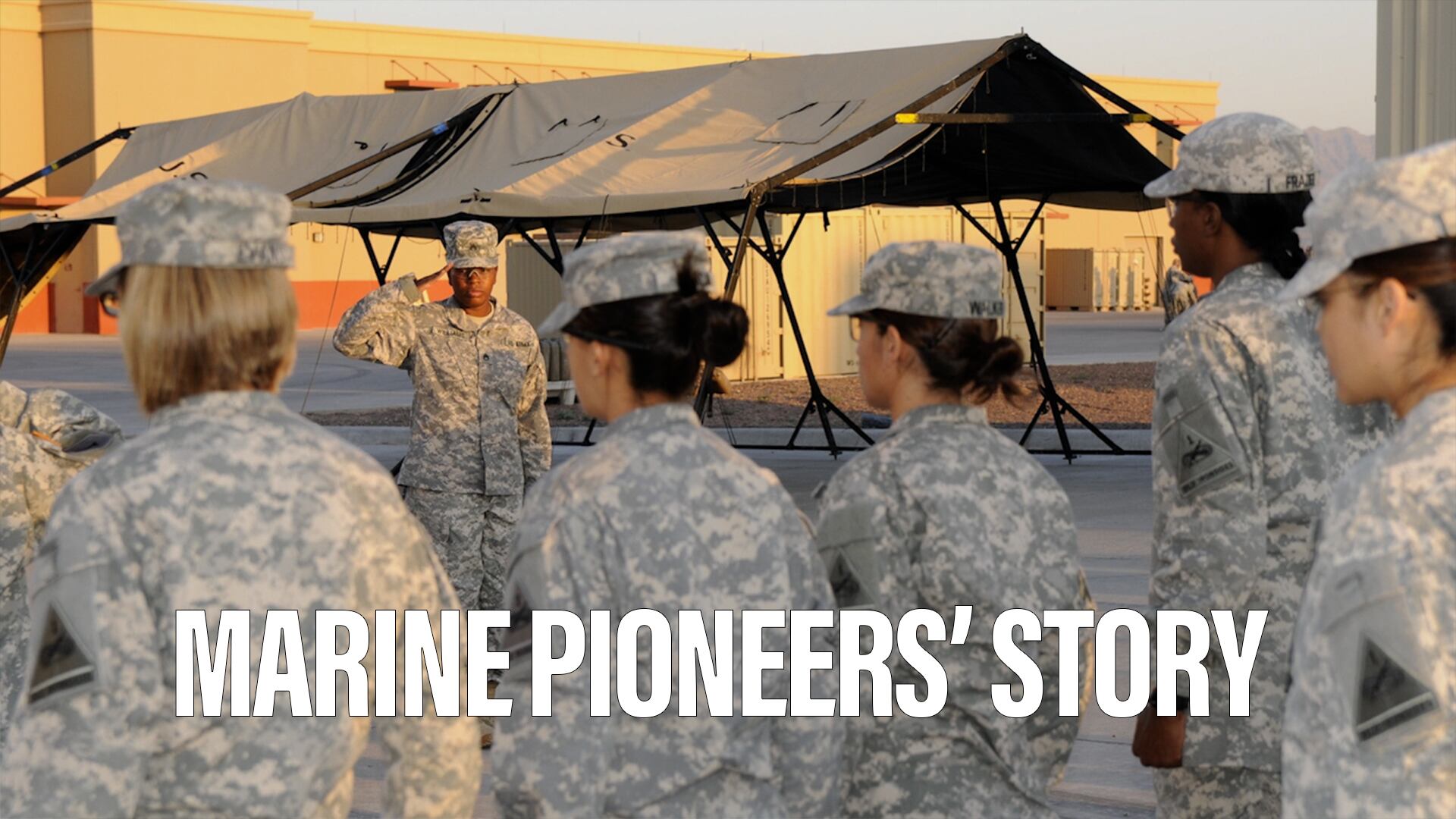NICOSIA — The Greek and Turkish Cypriot leaders agreed Thursday to open more crossing points and link the mobile phone and electricity networks to help restore trust between their estranged communities on divided Cyprus.
Practical steps such as integrating the electricity grid and linking the mobile phone networks are seen as non-sensitive issues that would bring Cypriots closer under a renewed climate of reconciliation.
Telephone calls across the UN-monitored ceasefire line are currently rerouted through Turkey, while an integrated power grid would allow one side to help the other in case of a power outage.
The two leaders also agreed to open two more crossings to promote people movement, at Lefka in the west of the island and Dherynia in the east.
The first crossing points opened in 2003 and have since been increased, but the last of now seven crossings was opened nearly five years ago.
UN special envoy Espen Barth Eide hosted Thursday's second meeting between President Nicos Anastasiades, the Greek Cypriot leader, and his Turkish Cypriot counterpart, the newly-elected Mustafa Akinci.
"Mr Akinci and Mr Anastasiades underlined once again their shared will and determination to reach a comprehensive settlement," Eide said in a statement.
"The two leaders believe that outcomes at the negotiating table should reflect the positive atmosphere prevailing on the island," he added.
Long-stalled UN-brokered peace talks — seen as the best chance in years to reunify Cyprus after four decades of division — were launched on May 15.
There is optimism that for the first time in a decade that the two leaders can enter an intensified and results-orientated process.
Thursday's meeting, held at the UN compound at defunct Nicosia airport in the capital's buffer zone, "took the next steps towards fulfilling their joint vision for a united federal Cyprus", Eide said.
"Their constructive dialogue included a range of core issues that go to the very heart of the Cyprus question."
Appeal On Cyprus Missing
The leaders, who will next meet on June 17, appealed for people to come forward with any information on hundreds of Cypriots declared missing since 1964 inter-communal clashes and the 1974 Turkish invasion.
Akinci, a longtime champion of reunification, was elected president of the breakaway Turkish Republic of Northern Cyprus (TRNC) on April 26, defeating nationalist incumbent Dervis Eroglu.
The conservative Greek Cypriot leader also has peace credentials, having supported a 2004 UN settlement blueprint that 75 percent of Greek Cypriots rejected in a referendum.
Little progress has been made over the past 11 years, with the thorny issues of territorial adjustments, security, property rights and power-sharing the main stumbling blocks.
Any UN-brokered accord will again have to be put to the Cypriot people in separate referendums.
A UN-monitored ceasefire line has divided the island since 1974 when Turkish troops occupied its northern third in response to an Athens-inspired coup seeking union with Greece.
The Turkish Cypriots, who had already pulled out of government institutions in the face of communal violence in 1963, declared their breakaway state in 1983.
The TRNC is recognised only by Turkey, which provides around a third of its budget.








